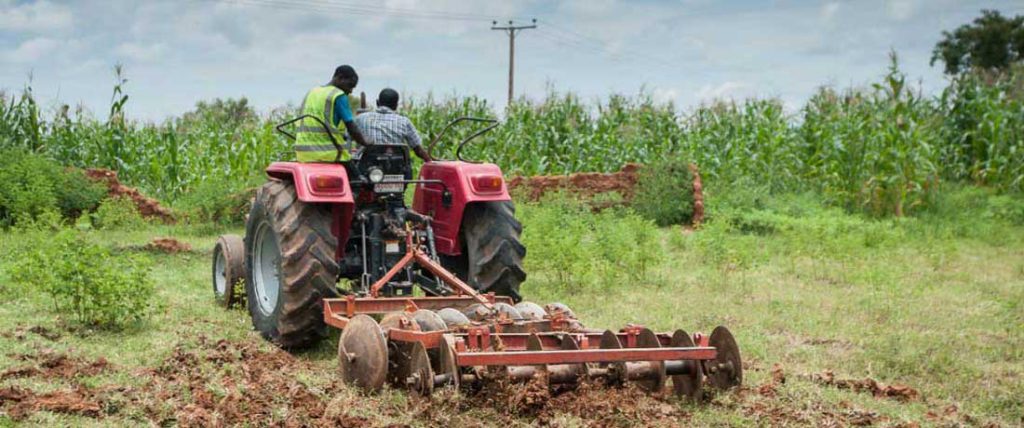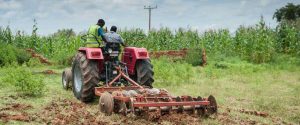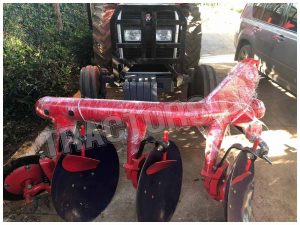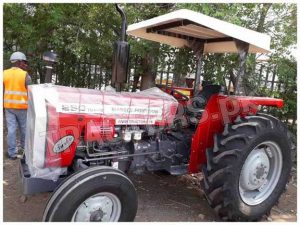What is hand tractor in agriculture?
Hand Tractor is a manually operated tractor tilling machine used for cultivating a bigger area of land. It is also popularly known as power tiller which is attached with high powered motorized horsepower engine 2-wheel tractor controlled by an operating person walking behind it for propelling a tractor ahead. It is a single axle walking type handheld tractor designed for performing difficult laborious farming chores such as turning, aerating, and cultivating the soil for easy planting crops and offers a tremendous capacity of preparing about 1 hectare of land in 8 to 10 hours of the specified time.
In which year the concept of power tiller was introduced?
Hand-Held Power Tiller was initially introduced in the year 1920 and later on launched in Japan in 1947 with a basic core purpose of aerating and preparing the soft fertile productive soil for harvesting with maximum yield crops. It is built with sets of sharp-edged blades known as tines composed of four curving cutting blades in opposite directions which are mounted on a gasoline or electric motor powered tractor for deeply piercing inside a lumpy clogged soil for rotating and inverting it to make a smooth and soft soil surface for easy plantation.
How do the tractor tilling machines help in farming?
The basic idea is to prepare nutrient-enriched fertile soil for growing crops for a healthy meal for customers. This multi-purpose light-duty hand tractor power tiller can be used for versatile agriculture farming task operations such as plow discs, soil leveler, thresher, and trailers. The core benefits of hand power tiller are an expansion of cultivable land, improved farming operations with ease of task execution, time-saving for farmers with less labor exhaustion, and more task efficiency. It provides key functions of tilling, loosening, ridging, furrowing, weeding, digging, cultivating, and can be used for any kind of hard, soft, moist, muddy, and paddy soil field. Moreover, it can help in growing a huge variety of crops such as tea, bamboo, banana, corn, potato, coconut, tomato, tapioca, and vegetables with a wide export market demand in Asia, the Middle East, Africa, Central Africa, and South America.
Hand Tractor is an easy to use tool ideal for agriculture farmers to smoothly perform all kinds of farming operations with no more exhaustion. It provides a lot of efficiencies and executes tasks quickly in less period of time. It is the best choice for all farmers around the world for easily performing difficult farming tasks with a high-performance electric power engine for quality yield crop plantation for better productivity.



